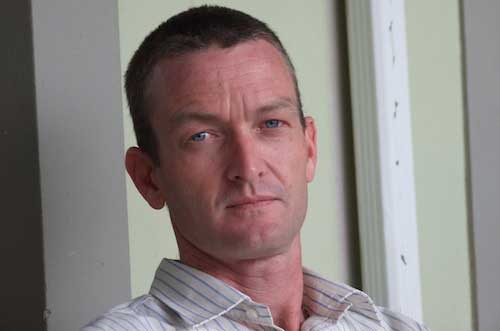The Independent Communications Authority of SA (Icasa) is seeking court protection in the wake of news that an unnamed telecommunications operator wants to pay the revised radio frequency spectrum fees that were meant to come into effect on 1 April 2011 but which were instead deferred until this year.
Until April 2012, Icasa was calculating the fees using the regulations introduced in 1979. The regulations were replaced in 2010 and were meant to come into effect a year ago but the authority realised its software to calculate the license fees would require a major overhaul and so the new fees were deferred for 12 months.
With around 70 000 licencees, having to revise the fees for the period and reimburse those who require it while collecting the outstanding fees from those that need to pay would have been an administrative nightmare for the regulator.
According to Icasa, one of the spectrum licensees — a mobile operator that it declines to name — is now arguing it should pay the new fees for the last financial year because under the revised rates it stands to pay a lower fee.
Icasa spokesman Paseka Maleka says that, as a result, Icasa has “gone to the court to request an order saying we are reviewing the regulations … and that all licensees must pay the old [fees] until the new ones came into effect in April 2012”.
Maleka says that any other licensees that wish to contest the matter can liaise with Icasa’s attorneys, Bowman Gilfillan.
Dominic Cull, a telecoms regulatory specialist, says he’s “quite taken aback” by the news because “it’s up to Icasa to say when [the regulations] come into effect. Icasa, as I understand it, is perfectly entitled to delay the commencement date.”
He says the deferment, which was announced by Icasa on 10 March last year, was probably on account of inadequacies in the software it uses to calculate fees. The new fees came into effect this April as per the terms of the deferral.
Cull says the option to pay the new rates would clearly favour some licensees while heavily penalising others, and that backdating the fees would present an enormous administrative job for both Icasa and licensees.

Fixed-line operator Telkom, for example, was liable for approximately R37m worth of fees under the old regulations but is now required to pay in the region of R922m. Backdating payments would mean enormous — and unexpected — fees for the company.
Mobile operators, however, potentially stand to save money if they can convince the court that they should be allowed to pay the new rather than the old fee from last April because of their use of microwave links and the degree to which the cost of these has been reduced in the new regulations.
According to Cull, were the backdating to be allowed, it would also have a sizeable, and negative, effect on bodies such as Sentech, the SA National Defence Force, the SA Police Service and Telkom rival Neotel.
The state entities were not required to pay fees under the old regulations but are required to under the new ones.
The defence force, for example, holds roughly 600 frequency licences, using more than 4GHz of the spectrum band. “Effectively, a ruling like this that backdates the fees would mean massive expense for [state entities]. Furthermore, Icasa would have to recalculate the whole year’s fees,” Cull explains.
Although some players, like those using a large number of rural links, would have to be credited by Icasa, this would also present administrative problems as those fees have already been put into the general fiscus, as per Icasa’s mandate.
There is also the suggestion that Icasa is merely being preemptive in its application to the courts because it has been suggested that with the old regulations being repealed and the new ones taking a year longer to come in to effect there was, in effect, a gap of one year in the regulations and that without amendments this may allow interested parties to contest it.
“It may well be a clean-up exercise, one that can also provide confirmation from the court that the old regulations, and the accompanying fees, need to apply for the year in question,” Cull says. — Craig Wilson, TechCentral




